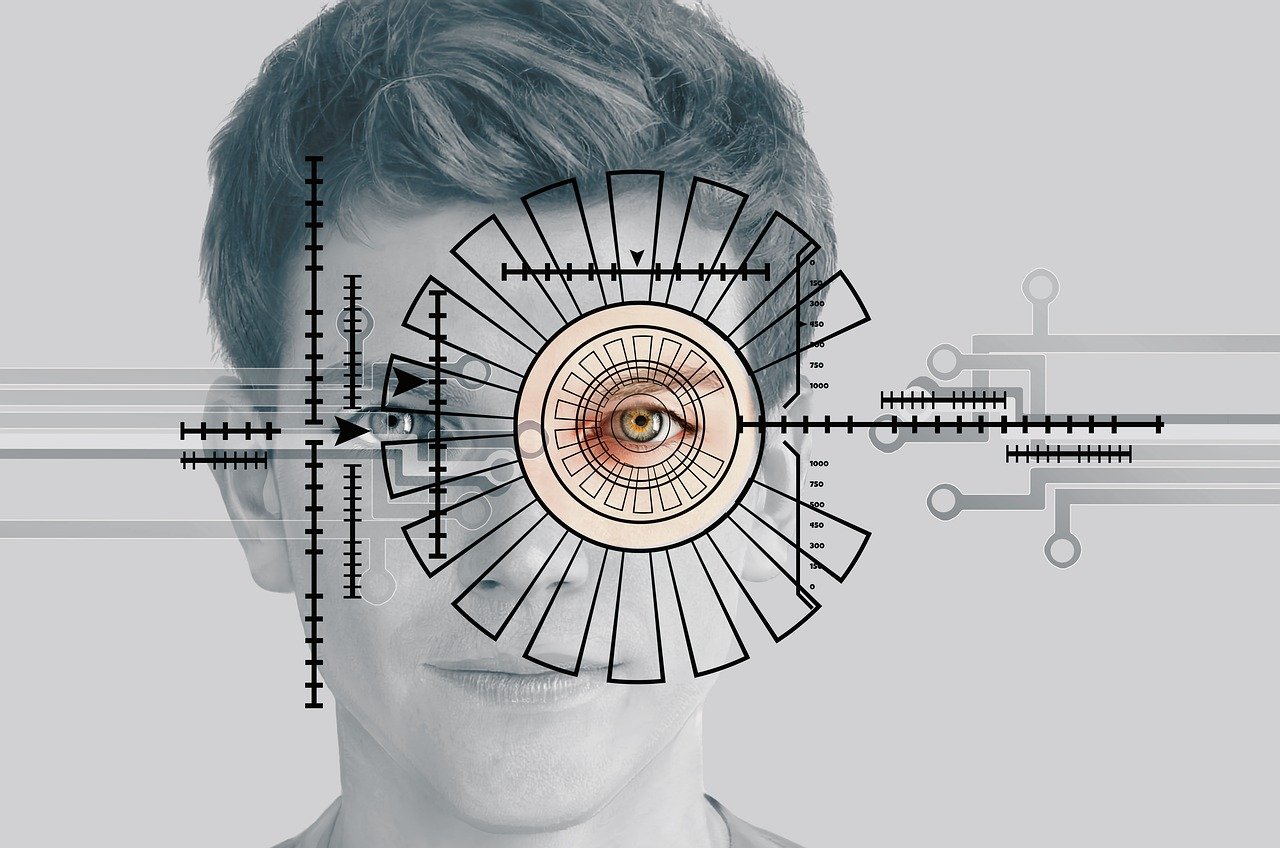In this blog post, we share with you an important update from the U.S. Embassy in Israel.
If you have a pending nonimmigrant or immigrant visa application awaiting an interview at the U.S. Embassy in Jerusalem or U.S. Embassy Branch Office in Tel Aviv, you should be aware that visa services have been temporarily suspended at these missions due to the ongoing conflict in the region.
The U.S. Embassy in Israel will be focusing its resources to plan the evacuation and departure of U.S. Citizens from the region.
Starting October 13th, the government arranged charter flights to assist U.S. Citizens and their immediate family members to depart Israel.
U.S. citizens in need of assistance must complete the crisis intake form here.
Applying for a Nonimmigrant Visa at a Neighboring U.S. Consulate or Embassy
If you have an urgent need to travel to the United States and do not currently have a nonimmigrant visa, you may apply for your visa at another U.S. Embassy or Consulate other than Jerusalem or Tel Aviv.
You must contact the nonimmigrant visa unit at the neighboring Embassy or Consulate to determine whether they will accept your application as a third-country national.
The U.S. Consulates in Canada allow third-country nationals to apply for visas including Israelis. Alternatively, please check with the specific Consulate regarding their instructions for requesting expedited interview appointments for emergency travel. In most cases, once you have submitted your DS-160 online nonimmigrant visa application and paid the necessary visa fees on the U.S. Department of State Visa Appointment Services webpage, you may request an expedited appointment. More information about expedites can be found on the ‘Frequently Asked Questions’ portion of each country webpage by navigating to the bottom of the DOS Visa Appointment Service and selecting “Answers to Common Questions.”
 Visa Lawyer Blog
Visa Lawyer Blog













